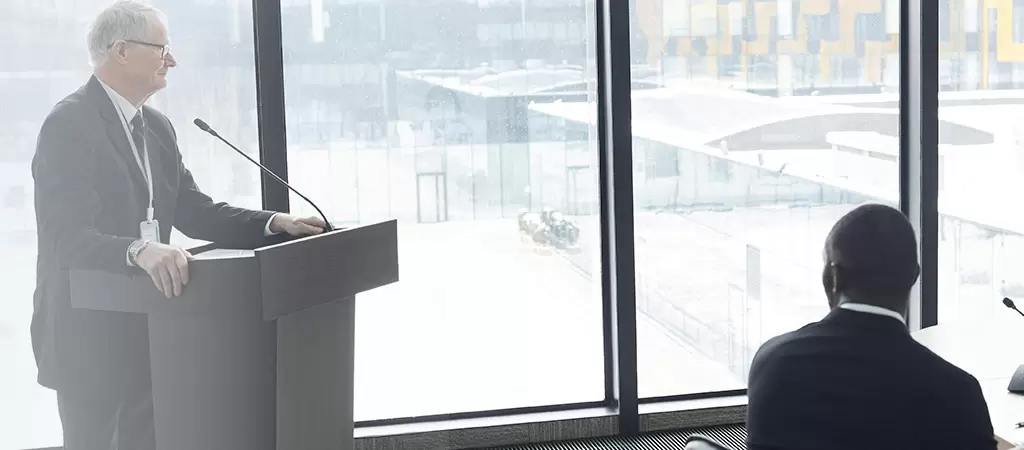IONM workshop in the center of China

In the vast field of medicine, each technological advancement is a profound tribute to life. As technology evolves and medical needs continue to rise, intraoperative neurophysiology has become an indispensable part of modern precision surgery. To further enhance the practical skills and theoretical knowledge of medical professionals in this field, we are proud to introduce the "Intraoperative Neurophysiology Training Program." This program aims to cultivate more exceptional talents in the medical community and drive innovation and development in medical technology.

This training program is led by renowned neurophysiology experts from both domestic and international fields. Combining extensive clinical experience, they will provide clear and thorough explanations of the fundamental theories, operational techniques, and latest research advancements in intraoperative neurophysiology. The course content covers a wide range of topics, from basic anatomical knowledge to advanced diagnostic skills, and from practical operational procedures to intraoperative risk avoidance, fully meeting the needs of learners at different levels. The training program employs small class teaching to ensure that each participant receives ample practical opportunities and personalized guidance. The event will commence with an opening address by Professor Jingcao Chen from the Department of Neurosurgery at Zhongnan Hospital of Wuhan University.

Afterward, all participants gathered for a group photo.

Professor Nanxiang Xiong from the Department of Neurosurgery at Zhongnan Hospital of Wuhan University shared the fundamental theories and techniques of intraoperative neurophysiological monitoring with everyone.

The conference also invited Professor Anthony Kyte, former president of the Australian Intraoperative Neurophysiology Society, to share his expertise on intraoperative neurophysiological monitoring techniques for brain tumors in functional areas. Professor Juan Li from Xiangya Hospital provided translation throughout the session. With over thirty years of experience in neurophysiological monitoring, Professor Kyte delivered a highly engaging and insightful presentation. He also shared his email address with all participants to facilitate ongoing academic exchange.

Professor Li Liuyi from Henan Provincial People's Hospital shared his expertise on neurophysiological monitoring in spinal cord and spine surgeries. His presentation included the application of common techniques and case analyses, which received unanimous praise from the participants.

The final segment of the first half featured Professor Juan Li from Xiangya Hospital of Central South University, who shared her insights on neurophysiological monitoring in skull base tumor surgeries.

In the second half, we also offered hands-on simulation sessions, allowing participants to practice in a simulated surgical environment. This practical training helped consolidate their theoretical knowledge and enhance their clinical adaptability.

Through this training program, participants will be able to:
1. Grasp the basic concepts and operational principles of intraoperative neurophysiology, providing a scientific basis for precise surgeries.
2. Learn advanced intraoperative monitoring techniques to effectively reduce surgical risks and improve success rates.
3. Stay updated on the latest research developments and technological trends in the industry, broadening their professional horizons.
4. Engage in face-to-face exchanges with industry experts, addressing practical issues encountered in their work and enhancing their professional skills.
Outstanding medical talent is the cornerstone of the continuous development in the healthcare field. We firmly believe that through the learning provided in this Intraoperative Neurophysiology Training Program, you will be better equipped to confidently face surgical challenges, adding a significant achievement to your medical career.
NCC will continue to monitor and report on the highlights and academic outcomes of this training program, bringing you insights into every medical topic and each intellectual feast. Let us look forward to every learning opportunity here becoming a chance for self-improvement, and every exchange marking the beginning of a new chapter in medicine.

 中文
中文 Arabic
Arabic Spanish
Spanish Hindi
Hindi French
French Indonesian
Indonesian Portuguese
Portuguese Persian
Persian Russian
Russian Korean
Korean German
German Vietnamese
Vietnamese Turkish
Turkish



